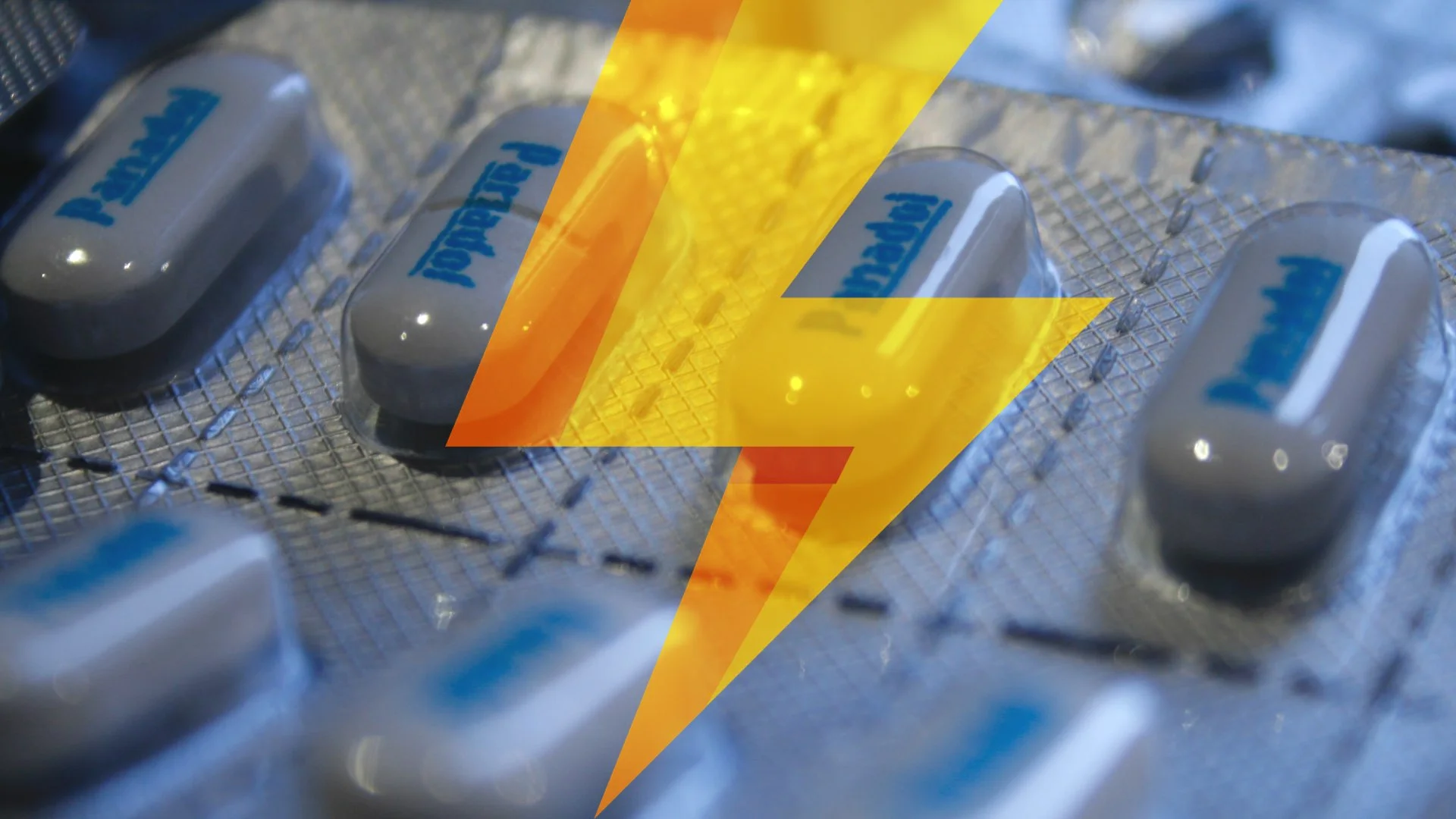Lightning Learning: Organophosphate Poisoning
““Organophosphates are used in at least 50% of the world’s pesticides and poisoning can be rapidly fatal. Find out how to reverse the blockade and decontaminate the patient.””
What?
Organophosphates (OP) form the basis of many insecticides, herbicides and also nerve agents. OP accounts for at least 50% of worldwide pesticides and in the UK exposure is mainly from crop spraying and sheep dips.
Malathion is an OP which is used to treat head lice and scabies in adults. Sarin and VX are examples of OP nerve agents.
OP irreversibly inactivates acetyl-Cholinesterase (AChE). Patients can die as a result of acute cholinergic syndrome. Features of inhibition of acetylcholinesterase are:
S.L.U.D.G.E – Salivation. Lacrimation. Urination. Diarrhoea. GI upset. Emesis.
Why?
OP poisoning can be rapidly fatal. Treatment is directed at reversing the blockade and decontaminating the patient. Any patients with significant hypoxia, bradycardia, and/or hypotension require oxygen and atropine (2mg) immediately.
After decontamination any patient with rhinorrhoea, bronchorrhea or any of the above should receive atropine. Atropine should be repeated every 5 minutes until secretions are minimal (clear lungs, heart rate >80 beats/min and blood pressure adequate).
Patients will also require a loading dose of pralidoxime chloride (30 mg/kg, max 2g) over 20 minutes, followed by an infusion (8 mg/kg/hour). This is available via Pharmacy.
Further Reading
- National Poisons Information Service: TOXBASE®
- RCEM Learning: Industrial chemical incidents
- RCEM Learning: Bradycardia








